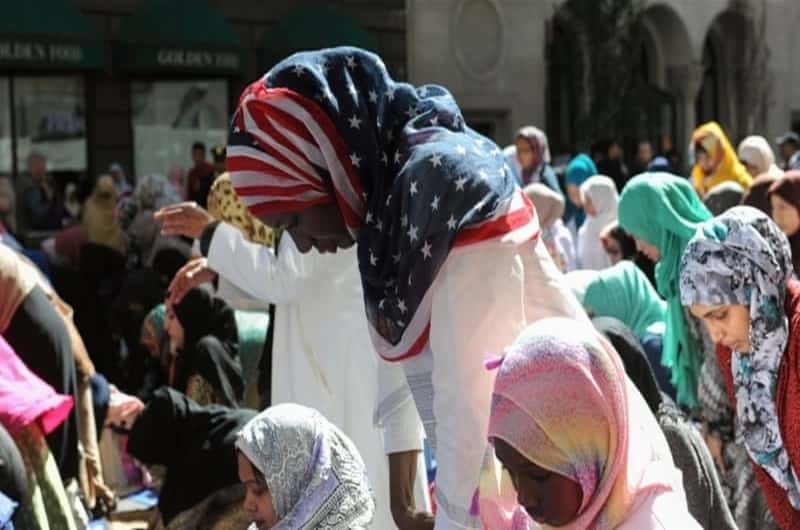×
The Standard e-Paper
Join Thousands Daily

Black Arab women are drawing inspiration from global anti-racism protests to fight back against long-standing discrimination and Middle Eastern beauty standards that favour light skin and straight hair.
Black Arabs in the Middle East and North Africa, who descend from sub-Saharan Africans, suffer social marginalisation and unequal job prospects, and are often subjected to racist abuse and derogatory portrayals in the media.